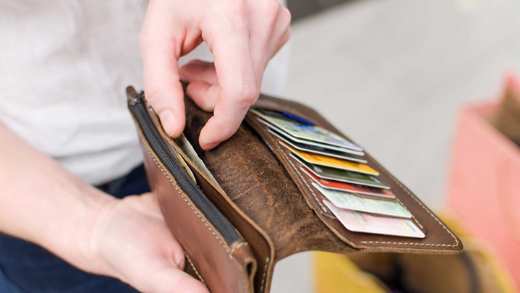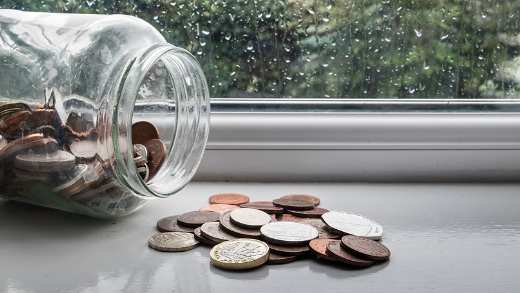This article covers the basics of UK capital gains tax for UK tax residents. Your tax position will depend on your circumstances. Tax rules may change in future.
If you want to learn more about utilising your tax allowances, you can get tailored advice from Aviva Financial Advice or find an independent financial adviser on unbiased.co.uk. Remember you might be charged for any financial advice you receive.
No-one looks forward to paying tax. At least with Capital Gains Tax there’s a silver lining. If you find yourself with a Capital Gains Tax bill, you’re probably reaping the rewards of investing in things like stocks and shares, antiques, or property.
What is Capital Gains Tax?
It’s the tax you pay when you dispose of your assets – that’s selling, trading or gifting things you own that have increased in value. With any of the items below, you may need to declare them on your tax return:
- Investments like stocks, shares or bonds outside an ISA
- Cryptoassets
- Any UK property that’s not your main home
- Your main home if you rent it out or use it for business
- An overseas property if you’re a UK resident
- Personal possessions like watches or antiques if the sale value is over £3,000
- Any business assets you own personally rather than through a limited company.
What don’t you have to pay Capital Gains Tax on?
Generally you would not pay capital gains tax on:
- Private cars
- Personal possessions worth up to £3,000
- Stocks and shares you hold in tax-free investment accounts like ISAs
- Chargeable gains from a life bond which are charged to income tax
- UK Government or ‘gilt-edged’ securities like National Savings Certificates or Premium Bonds
- Your main home
- Betting, lottery or pools winnings
- Compensation for personal injury or mis-sold Payment Protection Insurance (PPI)
- Any foreign currency you bought for your own or your family’s personal use abroad
- Gifts or transfers to your spouse, civil partner, or a charity.
What is the Capital Gains Tax allowance?
You only need to pay Capital Gains tax if the profit from disposing of your assets is above your tax-free allowance (also called the Annual Exempt Amount).
For the tax year 2023/2024 the individual allowance was £6,000 - and £3,000 for sales from trusts.
But for the tax year 2024/2025 this dropped to £3,000 for individuals - and £1,500 for sales from trusts.
You can’t carry over your allowance from previous years, so planning how you sell investments like shares can be smart. By splitting the sale between tax years, you can make your allowance go further and reduce or avoid Capital Gains Tax.
How is Capital Gains Tax calculated?
Capital Gains Tax is worked out using the overall profit from your assets in a specific tax year.
That’s helpful if you’ve had any investments or assets you’ve sold at a loss, as you can balance that loss against your profits for the year and reduce your tax bill.
Capital Gains Tax rules can be complicated and often change. You can find detailed information on the gov.uk website.
What is the Capital Gains Tax rate?
The amount of Capital Gains Tax you pay depends on your rate of income tax.
If you’re a basic rate taxpayer, you’ll pay 10% for gains on most assets and 18% on any property gains.
If you’re a higher rate taxpayer, your rate jumps to 20% on most assets and 24% on property gains.
You’ll need to report and pay the capital gain on any property sales with 60 days. Any other gains should be reported in your self-assessment tax return for that financial year.
You can find advice on filling out the Capital Gains Tax section of your tax return on the gov.uk website.
















